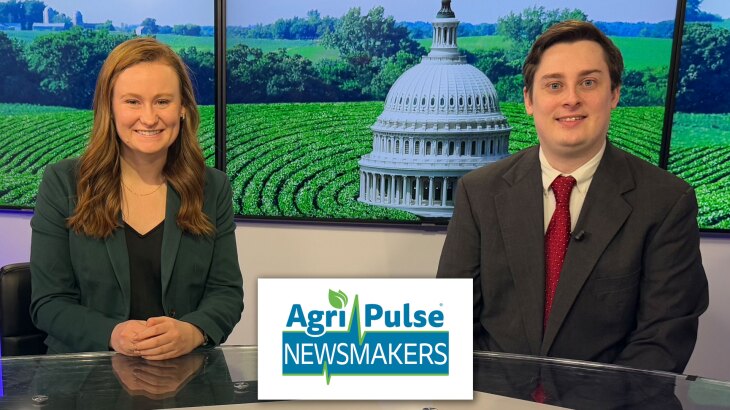The U.S. Department of Agriculture’s (USDA) Natural Resources Conservation Service (NRCS) is inviting public feedback on proposed revisions to eight national conservation practice standards. These revisions aim to enhance flexibility and integrate new technologies to support farmers, ranchers, and private forest landowners in conserving natural resources on their working lands.
The conservation practices being revised encompass a range of practices, including field borders, filter strips, and grazing management. Stakeholders are encouraged to submit comments by March 4, 2024, either online or by mail.
These changes represent the hard work and innovation of farmers like one from Minnesota farmer. Visiting the operation, we see the producer’s significant strides in transforming his 7,000-acre operation by prioritizing soil health and sustainability. Departing from conventional methods, he has transitioned to strip-tillage and no-tillage techniques, resulting in improved resilience, reduced erosion, and lower costs. Notably, he has leveraged manure from his cattle feedlot and assistance from USDA programs to facilitate this transition. The farmer observes that his fields are now better equipped to absorb water and withstand dry seasons, while also significantly reducing herbicide input.
This producer’s story underscores the importance of the USDA’s efforts to refine and enhance conservation practices in agriculture.
The top agriculture news headlines from RFD-TV News today (Friday, March 28, 2025), and the top trending stories on RFD-TV News.
March 28, 2025 03:13 PM
·
Here are the top agriculture news headlines from RFD-TV News today (Wednesday, March 26, 2025) and the top trending stories on RFD-TV News.
March 27, 2025 03:01 PM
·
Here are the top agriculture news headlines from RFD-TV News today (Wednesday, March 26, 2025) and the top trending stories on RFD-TV News.
March 26, 2025 03:10 PM
·
Here are the top agriculture news headlines from RFD-TV News today (Monday, March 24, 2025) and the top trending stories on RFD-TV News.
March 24, 2025 11:23 AM
·
The U.S. Department of Agriculture (USDA) appointed Dr. Jaye L. Hamby as the new Director of the National Institute of Food and Agriculture (NIFA).
March 21, 2025 04:07 PM
·
Here are the top agriculture news headlines from RFD-TV News today (Friday, March 21, 2025) and the top trending stories on RFD-TV News.
March 21, 2025 01:33 PM
·
March 21, 2025 10:40 AM
·
Here are the top agriculture news headlines from RFD-TV News today (Wednesday, March 19, 2025) and the top trending stories on RFD-TV News.
March 19, 2025 12:56 PM
·
In a call with reporters on Tuesday, RFD-TV News reporter Lily Raby asked Senate Ag Committee member Sen. Chuck Grassley (R-IA) for his opinion on Des Moines school leaders’ decisions to halt ag education programs, which also threatens the future of the city’s FFA chapter.
March 18, 2025 11:40 AM
·












